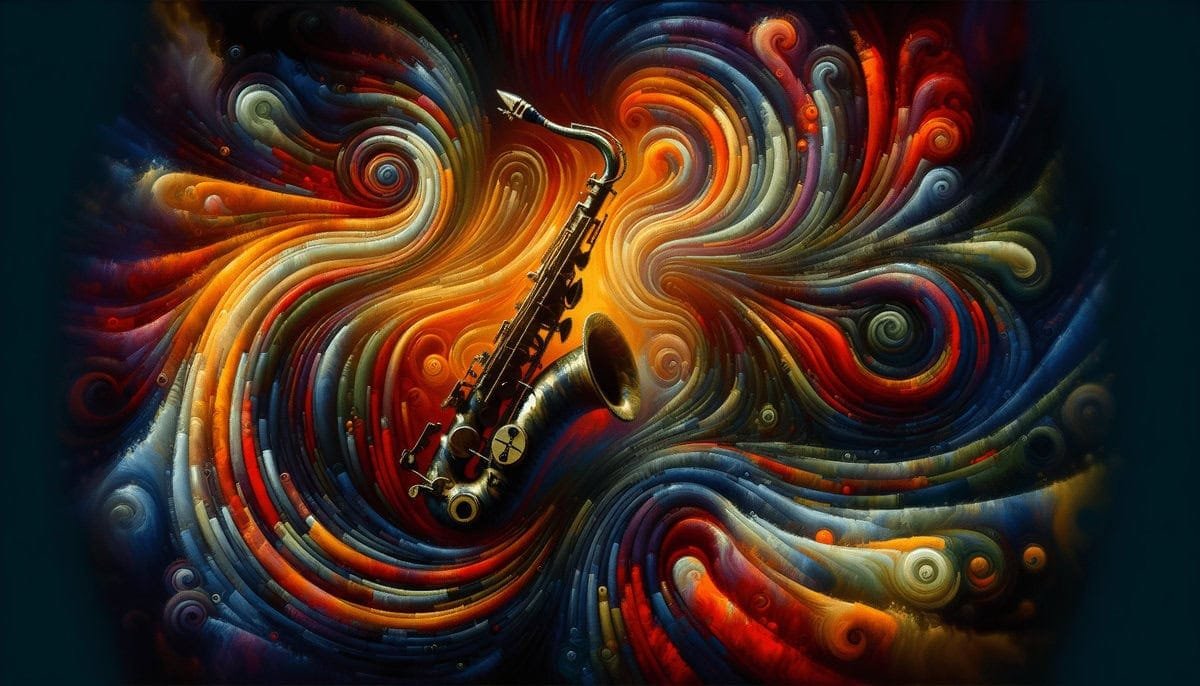What makes someone a genius? Is it their natural talent, their dedication to their craft, or perhaps a combination of both? When it comes to Jaco Pastorius, the legendary bass guitarist, it’s a question worth exploring. Known for his innovative approach and electrifying performances, Jaco Pastorius left an indelible mark on the world of jazz and music as a whole.
The Early Years: Where It All Began
Jaco Pastorius was born on December 1, 1951, in Norristown, Pennsylvania. His early years were spent in Fort Lauderdale, Florida, where he was surrounded by a vibrant musical environment. Growing up in a family where music was deeply appreciated, Jaco picked up the drums during his childhood. But it wasn’t long before the bass guitar beckoned, calling him to a life of exploration and innovation.

Discovering the Bass Guitar
Jaco’s transition from drums to bass wasn’t typical, but rather a mix of fate and personal choice. An injury from a sports accident led him to pick up the bass guitar, and it quickly became his instrument of choice. His attraction to the bass wasn’t just about playing it; it was about reinventing it. In just a few years, Jaco’s exceptional ear for music and his rhythmic background allowed him to understand and play the bass in ways nobody had before.
Revolutionizing Jazz: Jaco’s Unique Style
When you think of jazz music, the bass is often the understated backbone, providing support and structure. However, Jaco saw the bass as an untapped source of melody and harmony, and he was determined to unleash its full potential.
Fretless Bass and Harmonics
One of Jaco’s most well-known contributions to music was popularizing the fretless bass guitar. The absence of frets allowed for a more fluid, expressive sound. Jaco was drawn to the sonic possibilities it offered. His version of the fretless bass created distinctive glissandos and vibratos that became his signature sound. More than that, he used harmonics in a revolutionary way, turning the bass into an instrument of melody rather than just rhythm. These sonic innovations were not just technical achievements—they were expressions of his unique musical voice.
Techniques That Set Him Apart
Jaco’s bass techniques were not just a matter of finger speed or agility; they were about reimagining what the bass could do. His use of harmonics, slap bass, and intricate chord progressions transformed the bass into a lead instrument. His technique inspired a generation of bassists who could see how the bass could be used more creatively. His piece “Portrait of Tracy” remains a beautiful example of his harmonic prowess, showcasing how bass is not just about laying down notes but creating an entire atmosphere.
The Weather Report Years
While Jaco’s individual work was exceptional, his time with the jazz fusion band Weather Report was equally revolutionary. The band’s innovative approach to jazz, combined with Jaco’s pioneering techniques, were a match made in musical heaven.
Fusion of Styles
Weather Report was known for its eclectic style, fusing elements of jazz, rock, and world music. Jaco’s role in the band was integral in merging these genres. His bass playing didn’t just support the melody—it was the melody. This was clearly evident in hits like “Birdland,” where Jaco’s bass brought an infectious energy and a fresh perspective, making it one of Weather Report’s most popular tracks.
Pushing Musical Boundaries
Jaco’s work with Weather Report wasn’t just about blending genres; it was about pushing the boundaries of what jazz could be. His complex bass lines didn’t just complement the compositions; they often drove them. This revolutionary approach helped elevate the band to new heights, both in terms of artistic integrity and commercial success. Such contributions show that Jaco was not just playing music—he was redefining it.
Beyond the Music: Jaco’s Charismatic Persona
Understanding Jaco Pastorius requires looking beyond his technical mastery. His personality and presence were as much a part of his genius as his remarkable playing.
A Larger-Than-Life Character
Jaco was known for his bold personality as much as his revolutionary bass playing. He was confident, sometimes to the point of being audacious. For example, he famously introduced himself to jazz pianist Joe Zawinul by stating, “I’m John Francis Pastorius III, and I’m the greatest bass player in the world.” Rather than being off-putting, this audacity was seen as part of his charm—a conviction in his craft that was hard to argue against once you heard him play.
Influences and Inspirations
While Jaco was a trailblazer, he was also influenced by an array of musicians who came before him. Jazz greats like Charlie Parker and Charles Mingus shaped his style, as did Afro-Cuban sounds and classical music. Jaco admired those who took artistic risks and, in doing so, expanded his own creative boundaries, making him a unique blend of his many influences.
The Challenges and Triumphs
Jaco’s life was not without its difficulties. His career was marked by incredible highs and devastating lows.
Struggles and Mental Health
Jaco struggled with mental health issues, which were exacerbated by substance abuse. Despite his groundbreaking contributions to music, his personal life was tumultuous. His bipolar disorder, which was undiagnosed for many years, contributed to erratic behavior and eventually led to a decline in his professional opportunities. Yet, even amid these challenges, his passion for music never waned.
Legacy and Impact
Although Jaco’s life was tragically cut short when he died at 35, his legacy continues to resonate. His music, innovative techniques, and the exuberant spirit with which he played have inspired countless musicians across a variety of genres. His genius lives on not only in his recordings but in the way he expanded the possibilities of his instrument.
Celebrating Jaco’s Enduring Influence
Jaco Pastorius’s influence extends beyond the world of jazz. His techniques and innovations have inspired bass players in rock, pop, and beyond. The impact he had on the music industry can be seen not only in those who followed in his footsteps but also in the cultural shift towards a more soloistic approach to the bass guitar.
Inspirations for Modern Musicians
Modern bass guitarists like Marcus Miller and Victor Wooten have cited Jaco as a major influence in their own careers. They’ve taken his ideas and expanded upon them, each in their distinct way. Jaco’s approach to the bass wasn’t just about performing; it was about storytelling through music, an approach that resonates with musicians worldwide.
Learning from Jaco’s Journey
Jaco’s life serves as both an inspiration and a cautionary tale. His commitment to his craft was unwavering, and his willingness to push boundaries has set a standard for musical innovation. At the same time, his struggles with mental health remind us of the importance of support and understanding for artists beyond their public persona.
The Genius of Jaco Pastorius: A Legacy That Continues
Looking at Jaco Pastorius’s contributions to music, it’s clear that calling him a genius is no exaggeration. His innovative bass techniques, charismatic personality, and sheer passion for music have left an indelible mark on jazz and the broader musical landscape.
The genius of Jaco Pastorius lies not just in what he achieved but in how he forever changed the way we think about the bass guitar and music itself. His legacy lives on in every bass player who dares to think outside the box, every musician who blends genres seamlessly, and every individual who finds solace, joy, and inspiration in creative expression.
For those captivated by his life and work, exploring Jaco’s discography is a journey into a mind that was fiercely creative and unabashedly original. Whether you’re a seasoned jazz aficionado or someone newly exploring the genre, Jaco Pastorius’s music offers a vibrant landscape of sound, rich in emotion and technique, waiting to be discovered.
[Insert potential locations for images of Jaco Pastorius on stage, a fretless bass guitar, album covers of Weather Report, and quotes from interviews]
In learning about Jaco, you uncover not just a musician’s story but the story of an artist who profoundly altered the course of music history. His legacy serves as a testament to the power of innovation and individuality.



